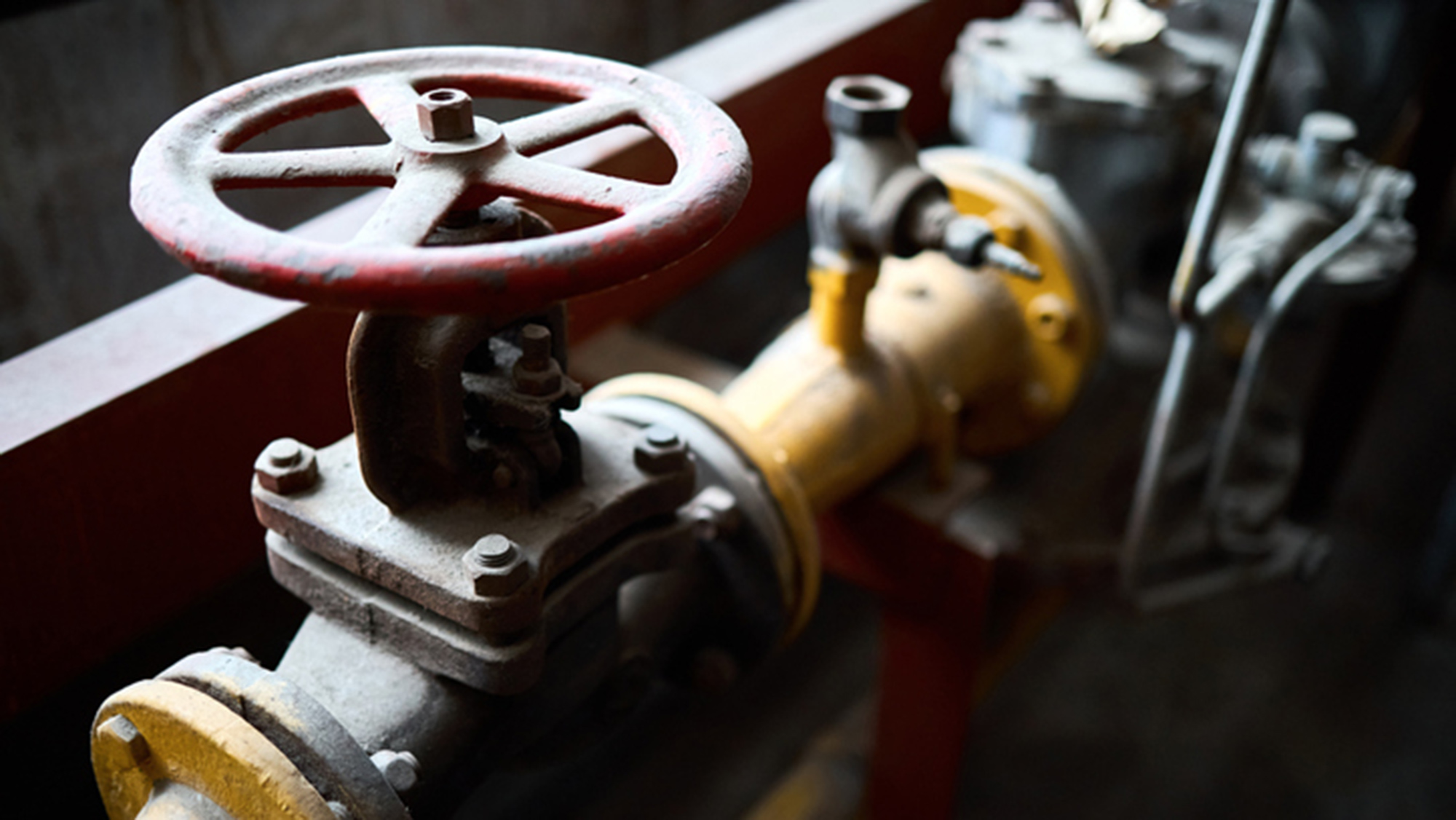
Years of previous research are coming back into focus with Dr. Faisal Khan’s risk-based pipeline integrity management work.
Because of the significance of the work, the Artie McFerrin Department of Chemical Engineering interim department head’s Science Direct published article has recently been honored with the Best Paper Award by KeAi (a subsidiary of Elsevier) Publishing.
Originally published in 2021 in the Journal of Pipeline Science and Engineering, Khan said the paper presents a deeper understanding of the corrosion mechanism driven by microbial activities.
When research is published, KeAi monitors the use of the material, and based on the citation and the relevance of the research, they award the paper for being the most widely downloaded and used paper in the journal.
Khan’s work attracted attention for its practical relevance to the field, resulting in the award. Typically, it takes four to five years for the researched work to become scientifically relevant, he said.
The goal is to control risks and introduce preventative and protective risk-reducing measures in the development of new technologies to meet decarbonization demands.
It is a recognition by subject matter experts on corrosion and pipeline engineering highlighting the impact of this work, Khan said.
“The work itself is applied and gets attention early on compared to other work,” he said. “The award highlights how certain published research is used by scientists and practitioners. This article provided a foundational understanding of localized corrosion damages ethics.”
According to the article, pipeline integrity is important for a sustainable future along with vital energy-transportation mediums of today’s energy-intensive economies.
“The paper analyzed data from a range of pipelines operated by major oil and gas companies for localized corrosion and especially the signature of microbially influenced corrosion,” Khan said.
Additional work came from Edison Sripaul, technical lab manager and safety officer for the chemical engineering department, who reviewed and wrote the paper's energy carriers and storage section.
With his knowledge of safety, Sripaul explained the need to enforce safety measures in developing new technologies and processes aimed at achieving decarbonization.
“The goal is to control risks and introduce preventative and protective risk-reducing measures in the development of new technologies to meet decarbonization demands,” Sripaul said. “To demonstrate, hydrogen, whose hazardous properties are quite well known as it is already many decades in use as an energy carrier, but addressing the safety issues still in nascent stages is shown as an example.”
I hope this provides a deeper understanding of the localized corrosion-induced failures and how these corrosion mechanisms can be modeled in a probabilistic framework so that it helps in predicting and preventing failures.
The ideal is inherently safe and sustainable products and processes, he said, as well as products that, by recycling, contribute to humanity’s benefit.
“The research aims to identify the intricacy of localized corrosion, especially microbial-influenced corrosion mechanisms and the mathematical formulation that best described its likelihood of occurrence and rate of growth,” Khan said. “The proposed mathematical formulations could be used to study localized corrosion in oil and gas assets, especially oil and gas pipelines.”
According to the article, pipeline integrity is tied to environmental, societal and economic failures if not handled properly. Khan’s research aims to capture the evolution of risk-based methods in integrity management, focusing on the last two decades.
“I hope this provides a deeper understanding of the localized corrosion-induced failures and how these corrosion mechanisms can be modeled in a probabilistic framework so that it helps in predicting and preventing failures,” Khan said.
This collaborative work was supported by Genome Canada and TU Delft Netherlands researcher Dr. Rioshar Yarveisy. This work was part of Dr. Yarveisy’s graduate work at Memorial University, Canada, under the supervision of Dr. Faisal Khan (former professor and Canada Research Chair Tier I at Memorial University, Canada) and Dr. Rouzbeh Abbassi of Macquarie University, Australia.